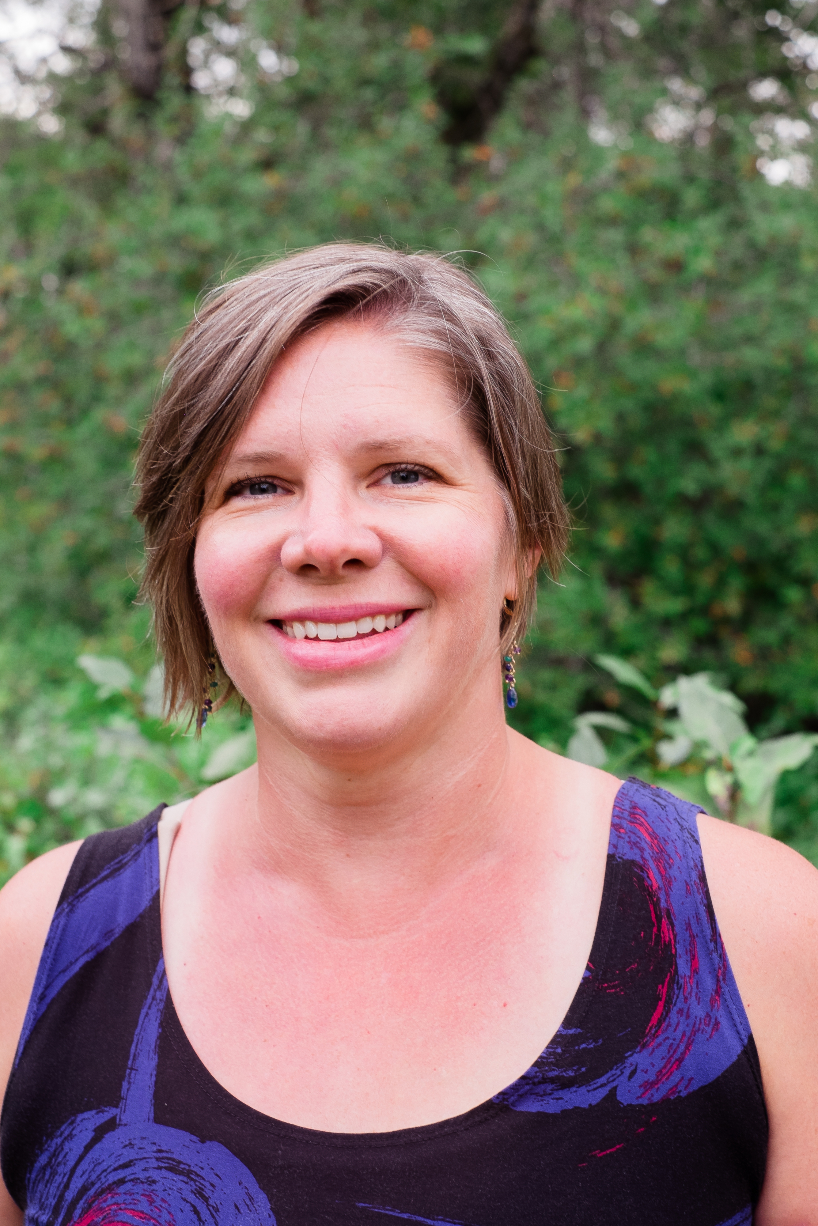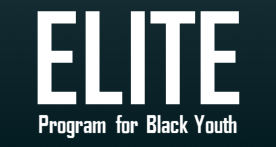
Author: Tom Ndekezi
26 July 2021
The ELITE Effect is a series where we introduce you to an ELITE Program for Black Youth internship host.
Dr. Kay Rittenbach is the Assistant Scientific Director of the Provincial Addiction & Mental Health Portfolio at Alberta Health Services. Originally from the United States, Rittenbach completed her graduate studies here in Canada, receiving a PhD in psychiatry from the University of Alberta.
In her position as an Assistant Scientific Director for Alberta Health Services — a role she has served in for the last eight years — Rittenbach is responsible for connecting researchers and community organizations to the wider health system. That includes promoting research that helps optimize the addictions and mental health system, researching trends in administrative data, and advocating for those with unique perspectives and lived experiences, all with the goal of creating a more inclusive and effective healthcare system.
Rittenbach is also an internship host for the ELITE Program for Black Youth, overseeing two ELITE Program interns working on Alberta Health Services’ eMental Health project. The research project is a collaboration between Alberta Health Services and local Indigenous communities, the University of Calgary, the University of Alberta, and the University of Sydney. The project investigates online avenues for providing mental health supports to youth of low to moderate clinical need.
We recently caught up with Rittenbach to discuss how she became involved with the ELITE Program, her experience so far as an internship host, advice she would give to other potential hosts interested in partnering with the ELITE Program, and more.
Responses have been edited for brevity and clarity.
ELITE: Just to start, can you tell us a little bit about how you first heard about the ELITE Program?
One of my colleagues forwarded an email from Dr. McDonald and said, “There's this opportunity. If you have a project that might fit and you're interested, feel free to follow up.” And when I read the email, I decided that I wanted to, and a project that the portfolio was working on leapt to mind. And so it all came from an email that Dr. McDonald sent.
What has your experience been like so far working with ELITE Program interns?
They've been great!
I've had conversations with multiple researchers and various people about the type of person that can volunteer their time for either an unpaid internship or volunteer positions, and you have to be pretty privileged to be able to not get paid for your work. The fact that these were paid internships was a huge plus from my perspective because Alberta Health Services doesn't have the budget for it. Also, working with the internship program, they are organized, very professional, and they support the interns in ways that most interns don't get supported, particularly in this type of situation where there's only two of them.
I've heard stories of large organizations that take on 50 interns that might have intern-specific supports, but our group doesn't. So I think working with the ELITE Program has been fantastic.
Why do you think it's important to have internship programs like the ELITE Program, specifically for Black students?
I obviously don't know what it's like to be a Black student in Alberta, but in the last two years there's been so much media attention on social injustice that I really had my eyes opened. I'm from the States so I still follow a lot of the news there, and that made me think about what actions I could take. And then to see the ELITE Program shortly thereafter, was, I felt, a perfect opportunity.
I mentioned the funding already, but it’s tremendously important to be able to have funded interns. Additionally, it’s important to have specific programs for marginalized communities, and the ELITE Program made it easier to locate and recruit that talent by providing all of these extra supports that I might not have been able to provide.
In your experience as an employer, what's the benefit of hiring students or new graduates who have experienced hands-on, work-integrated learning?
There's just a lot of norms in offices and in workplaces that are not taught in school. I can speak from experience from my first job out of graduate school. In graduate school, I had a supervisor where I would write a draft, send it to them, we would meet and talk about it, and then I would go off and work on it some more. But the first time I did that with my supervisor at work, I was pulled into the office and told that he didn't have time to look at drafts and that I needed to have a final product for him. It was quite the wake up call for me, but it was also just an office norm that might vary depending on the office and the career. But there's norms like that where it's better to find out in a lower pressure environment, like how do you email people? What's appropriate? When do you show up? What do you wear? And all of those often unspoken rules.
Also, from the interns’ perspective, being in the workplace gives them a sense of whether they like that work or not and whether they want to pursue it. I know that both of our current interns are interested in medical school. And so although what they're doing in this internship does not necessarily lead to medical school, it does introduce them to doctors that they can talk to about their experience. It also lets them see how the healthcare system works, which I think is something that can be really opaque to anyone who hasn't been part of it.
What kind of attributes or characteristics do you tend to look for in a new recruit?
I usually hire for research projects, so I look for someone who's actually interested in the work. They might have a connection to the community or just be interested in research, but having that honest curiosity really helps. A lot of things can be taught — skills, computer programs, what have you — but if somebody isn't curious about the project it can be more challenging. So that is one of the first things I look for.
Another thing that I think is vital is someone who is willing to speak up and ask when they need help. It's really easy to think: “I should handle this by myself. This is my job. If I don't know how to do it, I’ll just sit here and sort of worry about it”. Knowing when to ask for help is really important because the person a level up might have many more people and projects that they’re supervising and may not notice you struggling. And so the ability to maintain that open communication is really important.
Having now spent a month as an internship host, is it an experience that you would recommend to other organizations that are interested in getting involved with the ELITE Program in the future?
Absolutely. The truth is that there can be a lot of hidden work with internships. I don't think you bring an intern onboard thinking you can assign a project and then check back at the end of the four months. I think you take an intern on knowing that it's going to be a relationship over the four months, and at the end, you hope that the intern, yourself and the organization got value out of it. But you have to put the work in to get the value out.

